Is an Invoice a Legal Document? How to Make Legally Binding Contracts
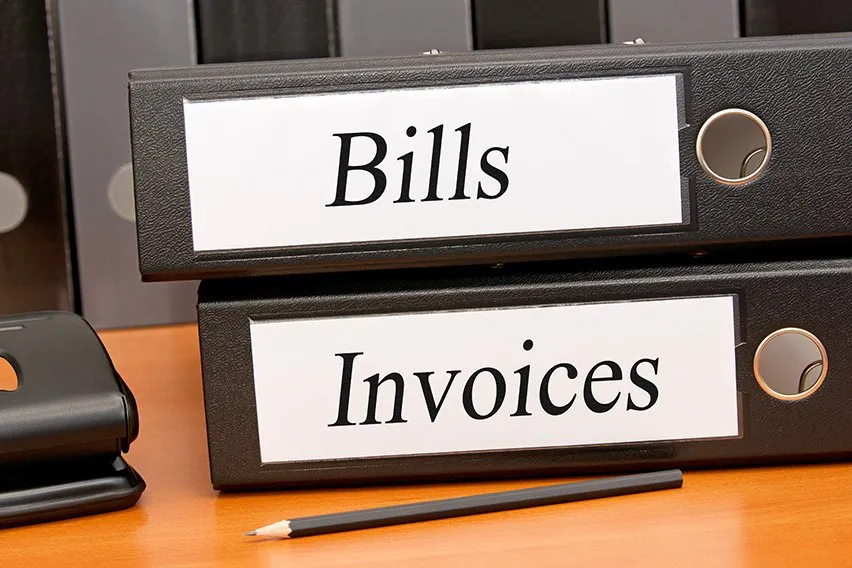
An invoice is not a legal document on its own. While invoicing is an important accounting practice for businesses, invoices do not serve as a legally binding agreement between the business and its client. That’s because an invoice leaves too much room for manipulation to serve as a legal document. There is no proof on the invoice itself that both parties have agreed to its terms. To help ensure clients pay in full and on time, small businesses should create professional contracts which, unlike invoices, can serve as legally binding agreements.
Here are some helpful topics related to invoices and legal contracts:
How to Create a Legally Binding Contract
What to Include in a Freelance Contract
What Are the Key Elements of a Legal Contract?
Can a Text Message Be a Legally Binding Contract?
Are Handwritten Contracts Legally Binding?
How to Create a Legally Binding Contract
Invoices can’t serve as legally binding documents on their own, but small businesses and freelancers can create legally binding contracts to hold their clients accountable according to the payment terms provided by the contract.
To be considered legally valid, a contract only needs to include two important elements, according to the Small Business Administration. These are the two requirements that must be met for a contract to act as a legal document:
- All parties involved must agree to an offer that is made by one party and accepted by another.
- Something of value must be exchanged for something else of value, which can include goods, services and cash.
So, for instance, if you’re a freelance copywriter, your legally binding contract would require that you reach an agreement accepted by your client that you will provide copywriting services to your client and in exchange, they will pay you an agreed upon sum of cash.

What to Include in a Freelance Contract
Legally binding contracts that cover the services offered by a small business or freelancer should include the following terms and clauses:
1. Rates and Prices
It’s crucial that any legally binding contract between a business and its client include explicitly stated rates for the services you’ve agreed to provide. Discussions of rates should take place in initial conversations about the contract, but these rates and prices should always be detailed, while writing the final contract. If you’re charging an hourly rate, it is important to learn how to write an invoice for hours worked so that you can accurately specify the minimum and maximum number of hours in the contract. Your contract should also state When Do You Send an Invoice, whether that’s at the time the contract is signed, after the work is completed, or periodically at specific milestones throughout the duration of the contract.
2. Payment and Invoice Terms
Your contracts should always include your payment terms, including when payment is due from the client and the methods they can use to complete the payment, such as cash, check and credit card payments. If your business works with clients for whom you provide work every month on an ongoing basis, you can consider including a retainer agreement that allows you to charge them every month for your services, without needing a new contract each time.
3. Conditions for Revisions
Revision requests are common among service-based businesses, such as web developers, graphic designers and writers. As part of your contract, you’ll want to protect yourself from making endless rounds of revisions. In your contract, include a maximum number of revision rounds you will provide for the client before charging your hourly rate for all further changes. It’s common for businesses to include a maximum of two or three rounds of revisions per project.
4. Kill Fee Details
It’s not uncommon for clients to occasionally cancel a contract once work on the project has already begun. To protect yourself in those situations, you should consider including a “kill fee” clause in your contracts. That way, you’ll be protected from losing money on the time spent toward a partially completed project. Some contracts include kill fees that are based upon the amount of work completed toward the project at the time it’s canceled, while others include a blanket percentage amount as a kill fee, such as 25%.
5. Copyright Ownership Terms
All contracts you establish with clients should include details about who owns the copyright to the work and when the copyright ownership transfers. It’s common practice that for freelance contracts, the client will own the copyright to all your work once they’ve made the final payment for the project.

What Are the Key Elements of a Legal Contract?
The five key elements that need to be present for a contract to be considered legally binding are:
- An offer
- Acceptance
- Consideration
- Mutuality of obligation
- Competency and capacity
If the above elements are included in a contract, it can be considered legally binding.
Can a Text Message Be a Legally Binding Contract?
Even agreements that may seem casual, like those outlined in text messages and emails, can act as legally binding contracts. Contrary to popular belief, a business owner or client does not need to formally sign a document for the agreement to be legally enforceable. An agreement made through text message, even if the language is informal, can still serve as a contract between the two parties in the eyes of the law.
Are Handwritten Contracts Legally Binding?
A handwritten contract can be legally binding if the document details specific clauses of the contract and both parties sign off that they agree to the terms of the contract. Although handwritten contracts can be legally binding, formal, typed contracts are the norm for business agreements and your business should create formal contracts as part of its common practices.
RELATED ARTICLES
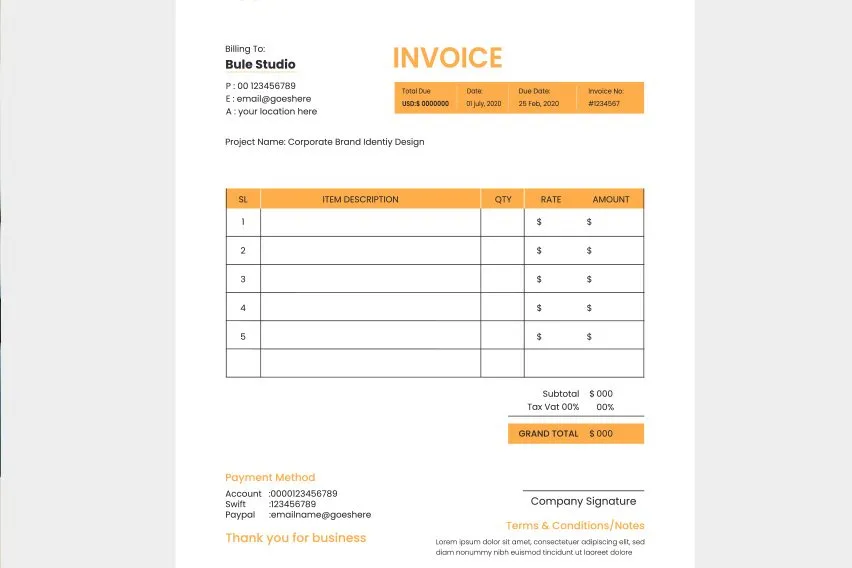 How to Make an Invoice in Word (with Free Template)
How to Make an Invoice in Word (with Free Template)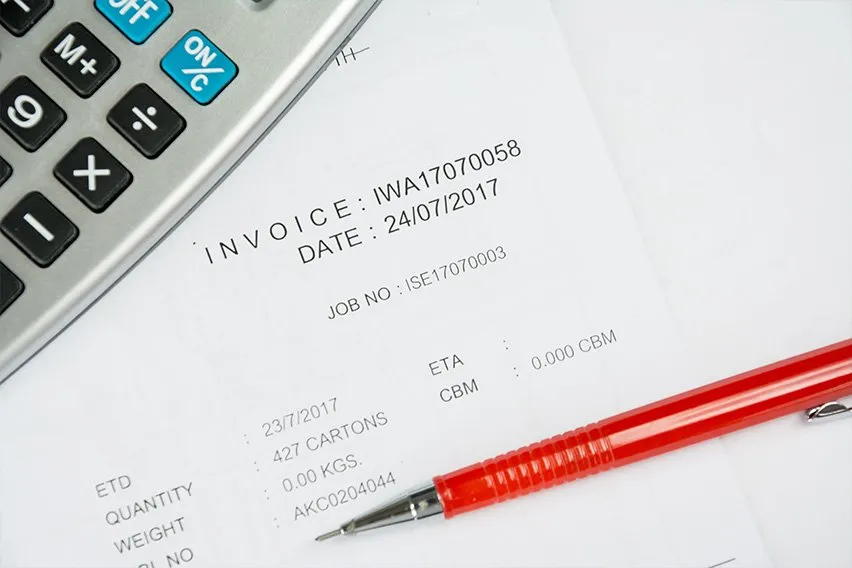 Invoice Number: What It Is and How To Generate One
Invoice Number: What It Is and How To Generate One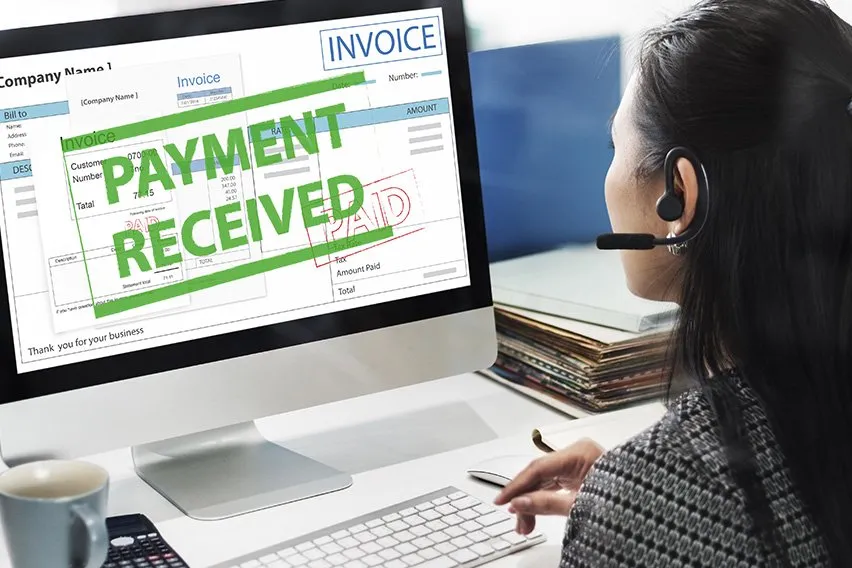 How to Pay an Invoice in 5 Easy Steps
How to Pay an Invoice in 5 Easy Steps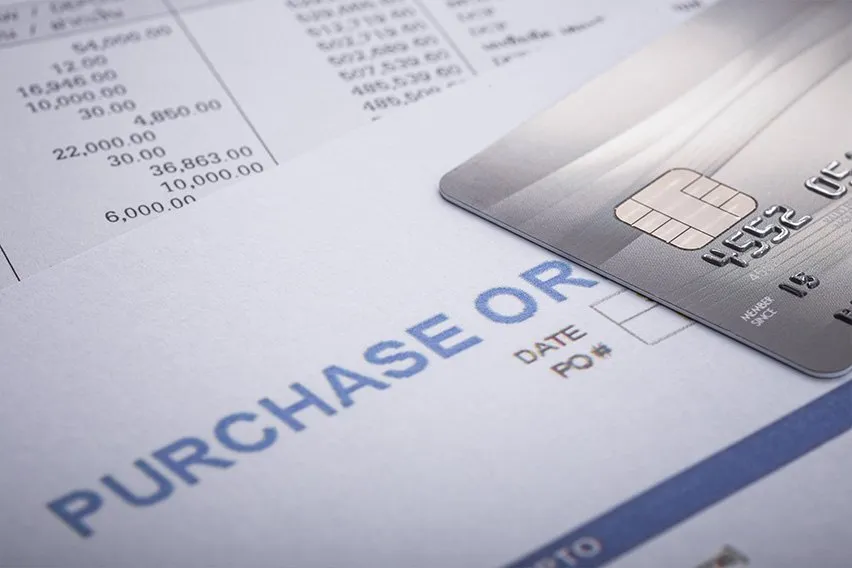 What Is a P.O. Number on an Invoice and How to Use It
What Is a P.O. Number on an Invoice and How to Use It Net 30 : What Is It and How Does It Work?
Net 30 : What Is It and How Does It Work? 8 Tips to Get a Client to Pay an Invoice on Time
8 Tips to Get a Client to Pay an Invoice on Time